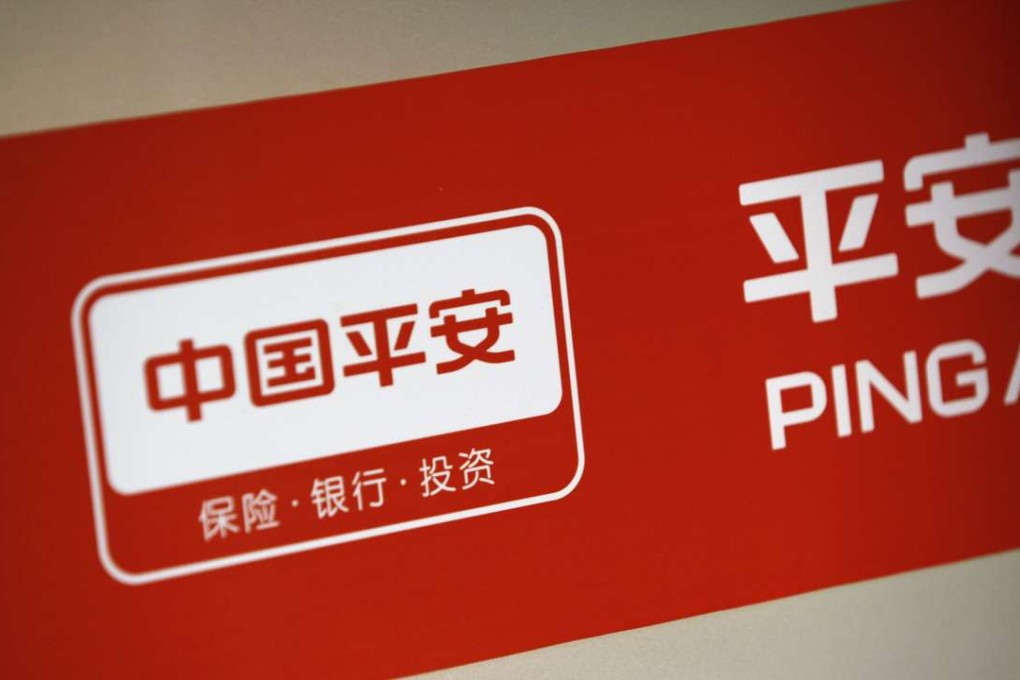New | Ping An Puhui sees growth in tapping China’s blue-collar workers and small businesses
Shanghai-based micro-finance lender aims to bolster its loans book by eightfold to 1 trillion yuan by 2020

Ping An Puhui, a unit of Ping An Insurance Group, sees an opportunity to bolster its China loans business eightfold over the next four years, as it provides financing to a segment of the population that has been traditionally shunned by larger commercial banks.
An estimated 67 million startup companies and 270 million blue-collar workers in China are not adequately served by the country’s commercial banks, often having their business loans or credit cards rejected.
By tapping into this market segment, Puhui could grow its loans book to one trillion yuan (HK$1.16 trillion) by 2020, from the current 120 billion yuan, said the Shanghai-based company’s chief product office Ni Rongqing. Puhui focuses on small loans ranging from 2,000 yuan to 30,000 yuan.
“There are a staggering number of youngsters who have difficulties in accessing financial services,” Ni said. “We want to launch a service based on mobile phones to meet all of their financing demands.”
The size of financing for retail spending stood at 19 trillion yuan last year in China, and the figure would hit 41 trillion yuan in 2019, according to consultancy iResearch.
Ni said that residents and small companies in 276 cities on the mainland could be served after it upgraded technologies and expanded networks to follow Beijing’s directions of bolstering inclusive financing, a notion under which people from all walks of life could obtain much-needed credit.
Mainland banks, enjoying a big net interest margin under the central bank’s guided deposit and lending rates, used to focus on only state-owned companies while being reluctant to offer loans to individuals and mom-and-pop shops.